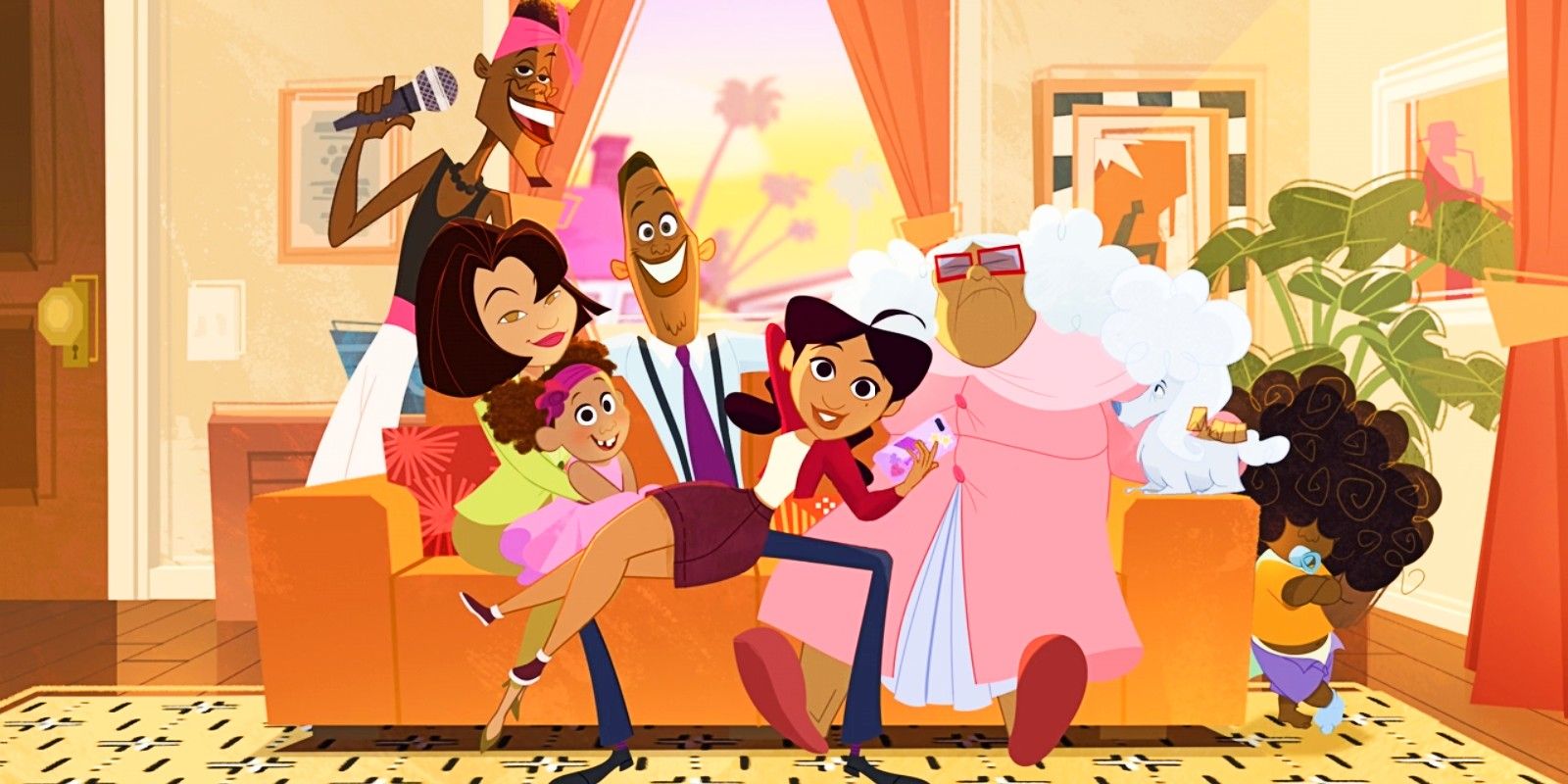
However, knowing the rule in the first place gives you a good start. I know, I know… the English language is one of rebellion, and there are always exceptions to rules. „But what about the two syllable words?“ I hear you saying. You’ll notice a major gap in these rules, and I bet you can already think of a few exceptions.
Superlative rule #2 – If the adjective you’re using has three or more syllables, always use „more“ or „most“ in front of the word (e.g., „terrified,“ „more terrified,“ „most terrified“ „intelligent,“ „more intelligent,“ „most intelligent“ „confusing,“ „more confusing,“ „most confusing“). Superlative rule #1 – If the adjective you’re using has one syllable, use the „-er“ and „-est“ suffixes (e.g., „proud,“ „prouder,“ „proudest“ „high,“ „higher,“ „highest“ or „thick,“ „thicker,“ „thickest“). As with most things in the English language, there’s an easy rule for knowing the difference unsurprisingly, there are also a lot of exceptions to the easy rule-but we’ll worry about that later. When it comes to superlatives, sometimes it’s tricky when deciding which words get „–er“ or „-est“ endings and which words get „more“ or „most“ placed in front of them. (That’s the correct form of the sentiment.) I’m sure your mom couldn’t be prouder of you. I feel like I might have just broken some hearts. She couldn’t be „more proud,“ because that combination of words isn’t technically correct. But before you start feeling all the warm fuzzies, maybe it was just a matter of linguistics. 
If your mom has ever told you she couldn’t be more proud, maybe she said it because it was true.

Is it possible to be more proud than a peacock?






 0 kommentar(er)
0 kommentar(er)
